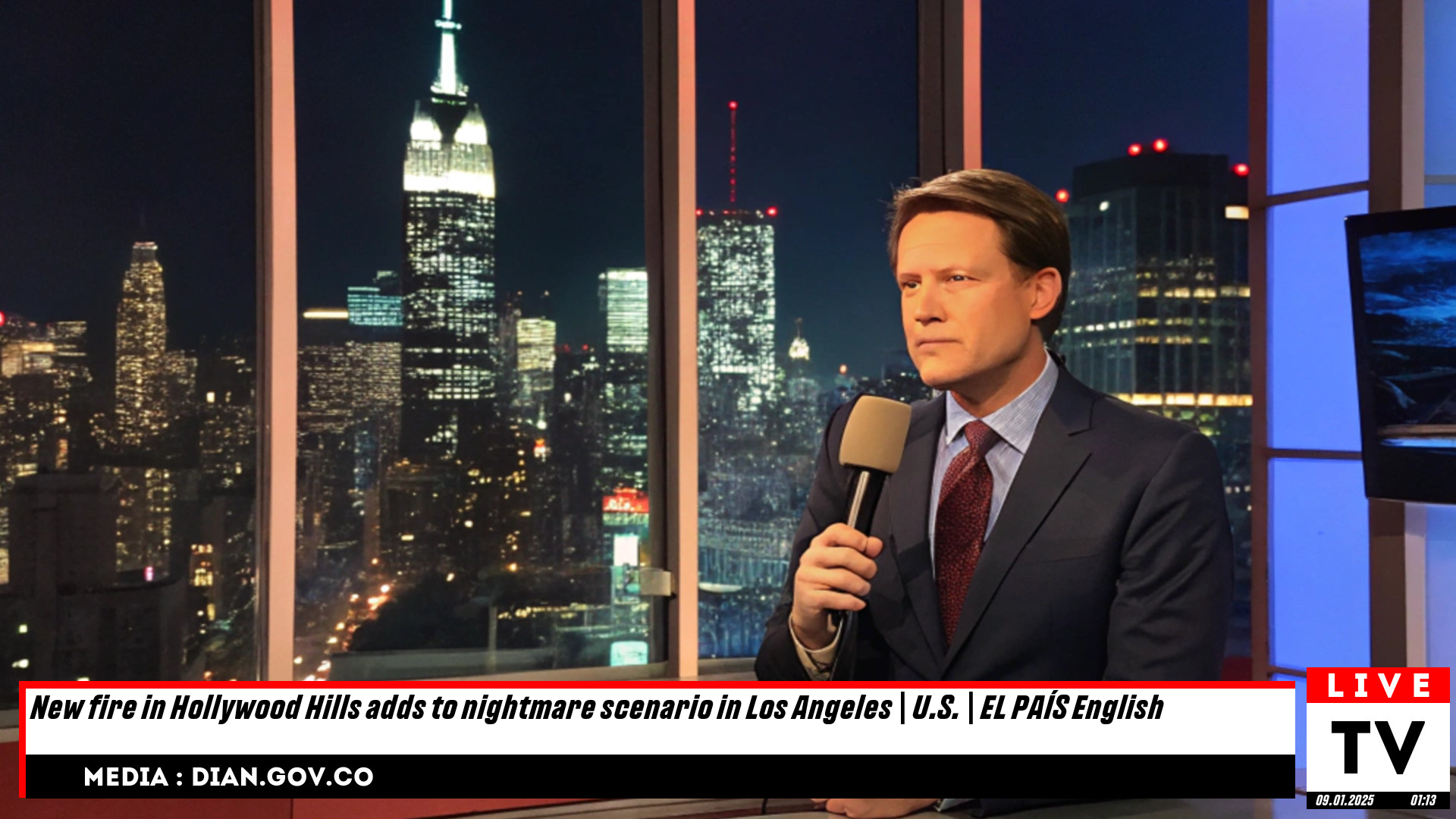"Desgaste y luchas internas: El declive de Justin Trudeau en el escenario político"
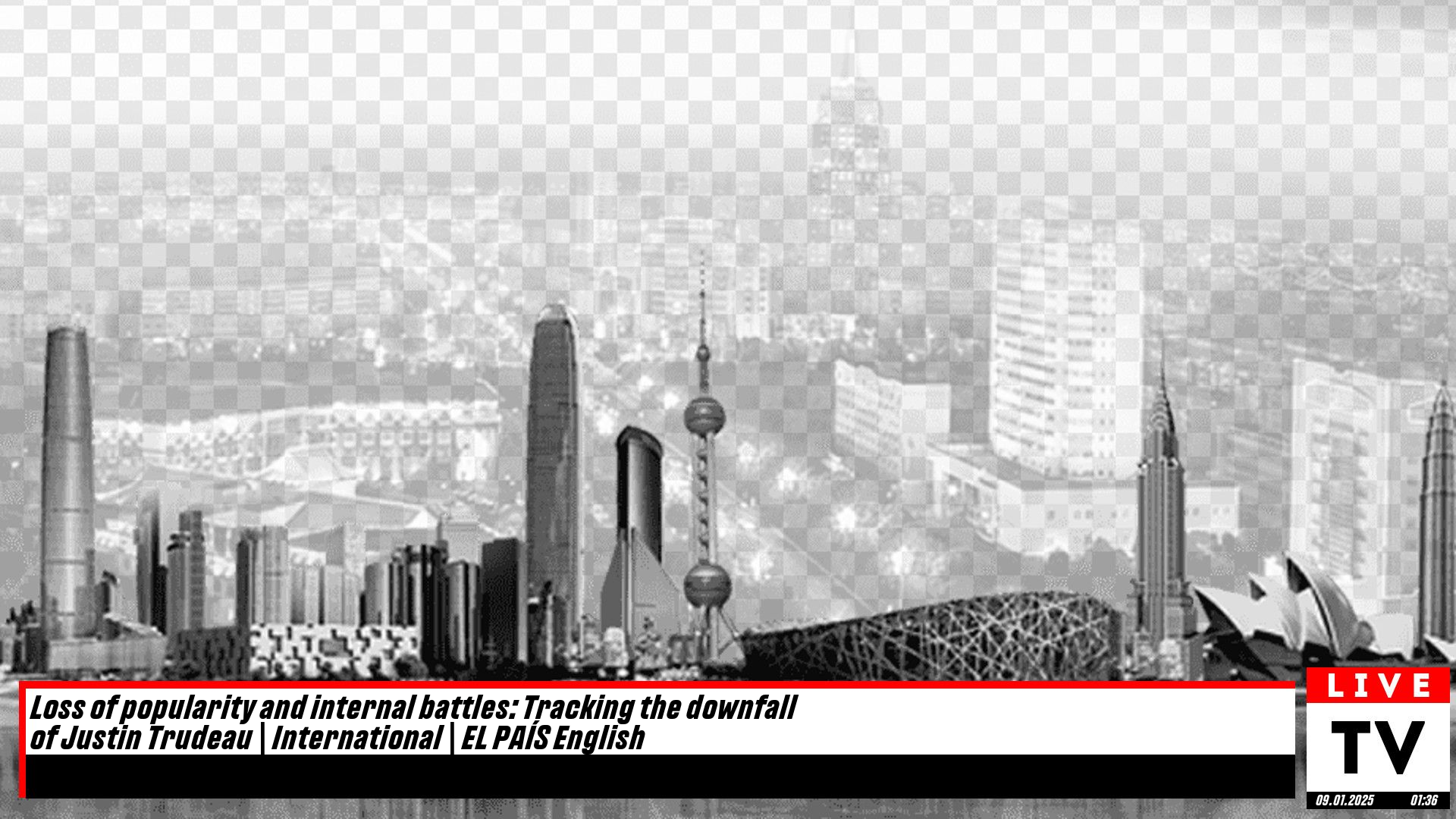
Cuando Justin Trudeau asumió la presidencia del Partido Liberal de Canadá en abril de 2013, generó un amplio alivio entre los miembros de su agrupación tras años de conflictos internos y derrotas electorales. En octubre de 2015, los liberales derrotaron a los conservadores, quienes habían estado en el poder desde 2006, recibiendo una ovación ensordecedora y un anhelo de realizar cambios significativos, gracias a la mayoría que los canadienses otorgaron a Trudeau en las urnas. Avancemos rápidamente hasta este pasado lunes, cuando Trudeau anunció que se retiraría como primer ministro tan pronto como los liberales elijan a un nuevo líder. No ha tenido otra alternativa. Además del desgaste habitual tras casi una década en el cargo, el premier canadiense ha claudicado debido a una serie de circunstancias que han sido en gran parte provocadas por su forma de ejercer el poder.
“This country deserves a real choice in the next election, and it has become clear to me that if I am having to fight internal battles, I cannot be the best option in that election,” Trudeau said, showing no self-criticism but warning that the Conservative Party is a bleak option for Canada.
The resignation on December 16 of Chrystia Freeland, his deputy prime minister and finance minister, due to differences with the head of the executive was the high point of a crisis that had already been extending for too long in the halls of power in Ottawa. Trudeau never recovered the level of sympathy he enjoyed at the beginning of his first term. Despite this, he managed to win two more elections, although he was forced to form minority governments and featured prominently in several scandals bearing the same hallmark: ties with members of the highest economic spheres that sowed suspicions about a lack of ethics. The most notorious was his alleged desire to interfere in an investigation related to a construction company.
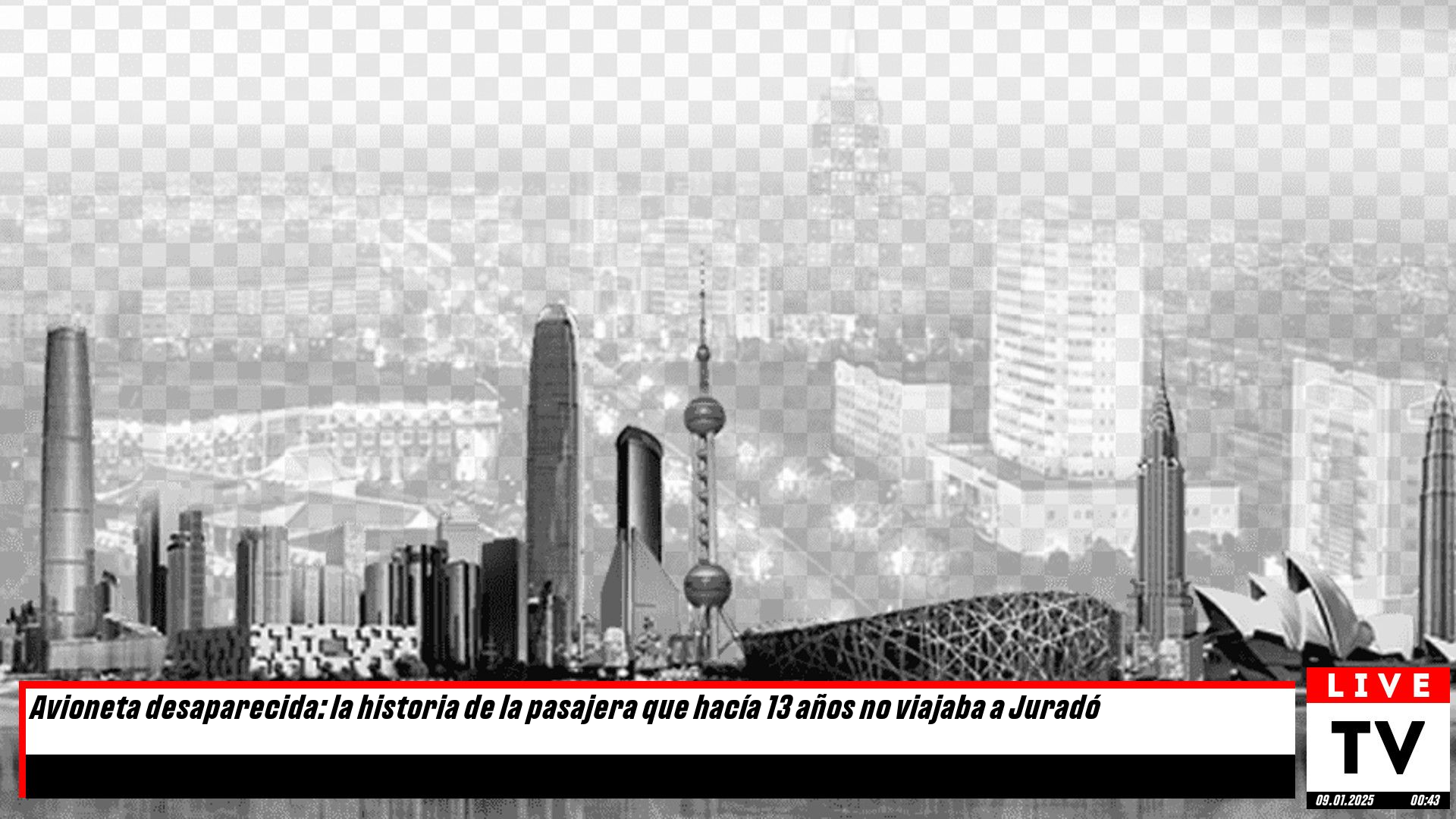
¡Misterio en el aire! La emotiva travesía de una pasajera que regresó a Juradó tras 13 años y abordó la avioneta desaparecida.
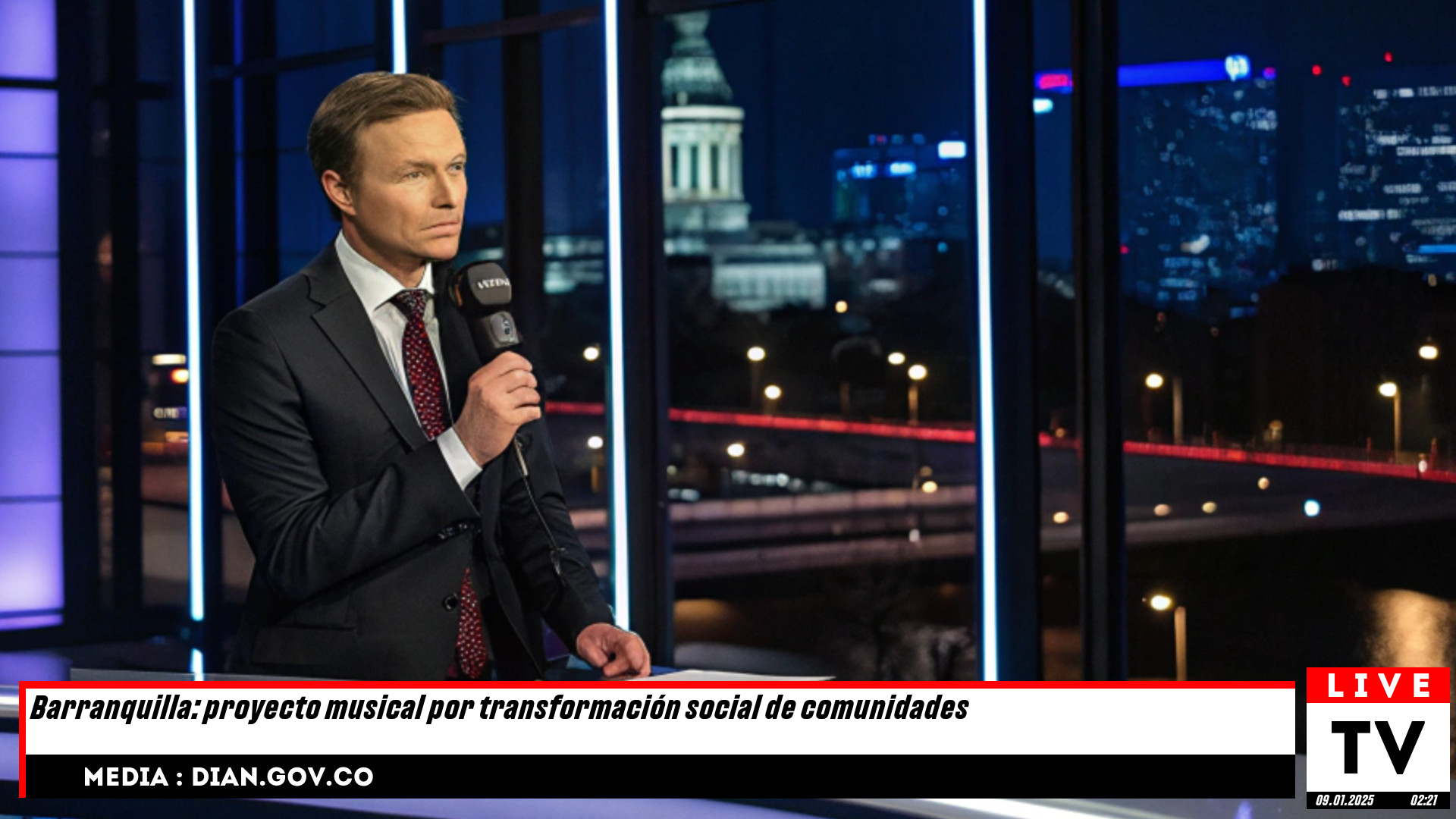
"Barranquilla impulsa un nuevo proyecto musical para transformar comunidades"
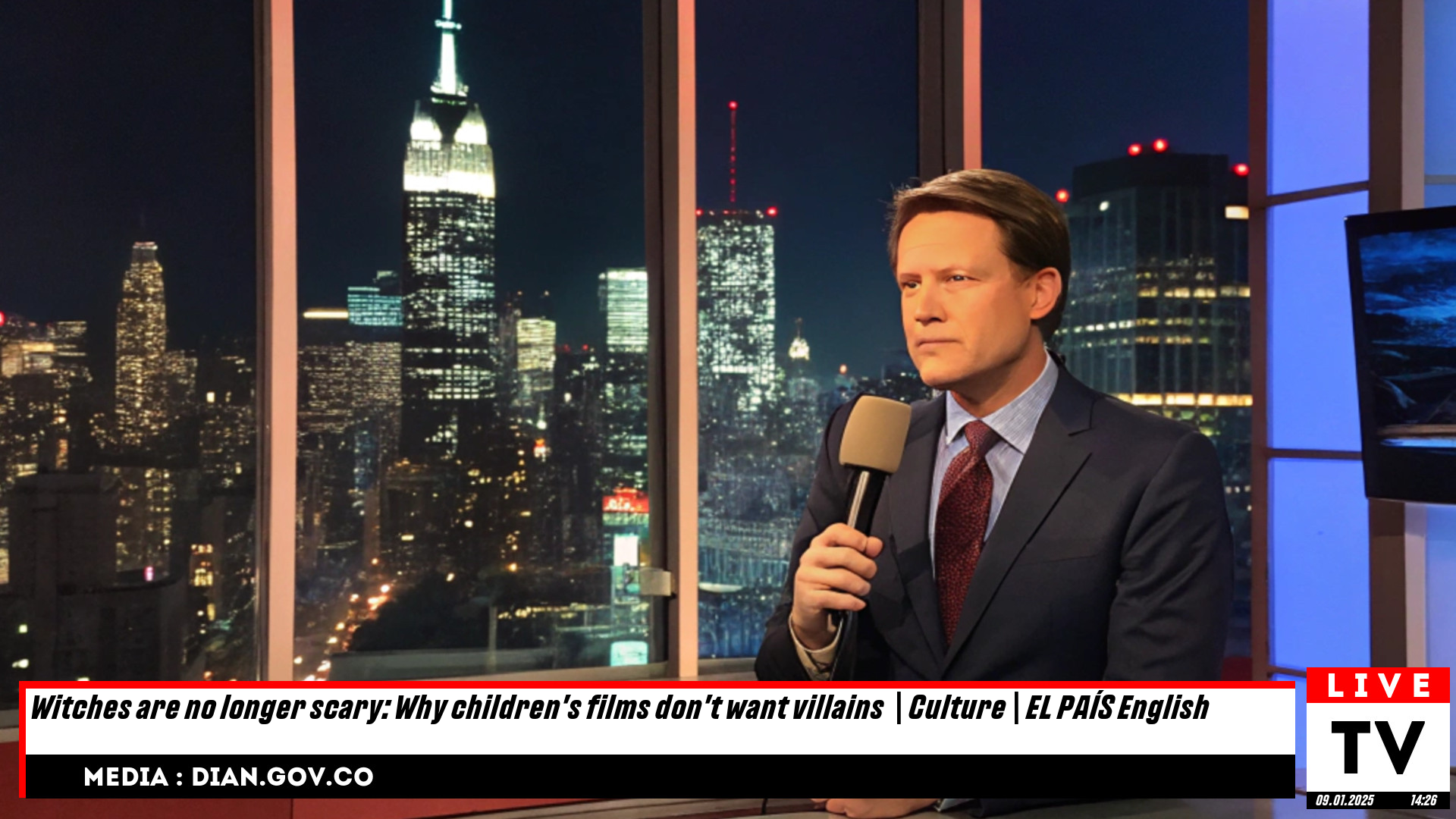
"De lo aterrador a lo adorable: La transformación de las brujas en el cine infantil" | Cultura | EL PAÍS English

Expertos desmienten la justificación de Mark Zuckerberg para eliminar el programa de verificación de hechos: "Es una mentira que seamos censores" | Tecnología | EL PAÍS English
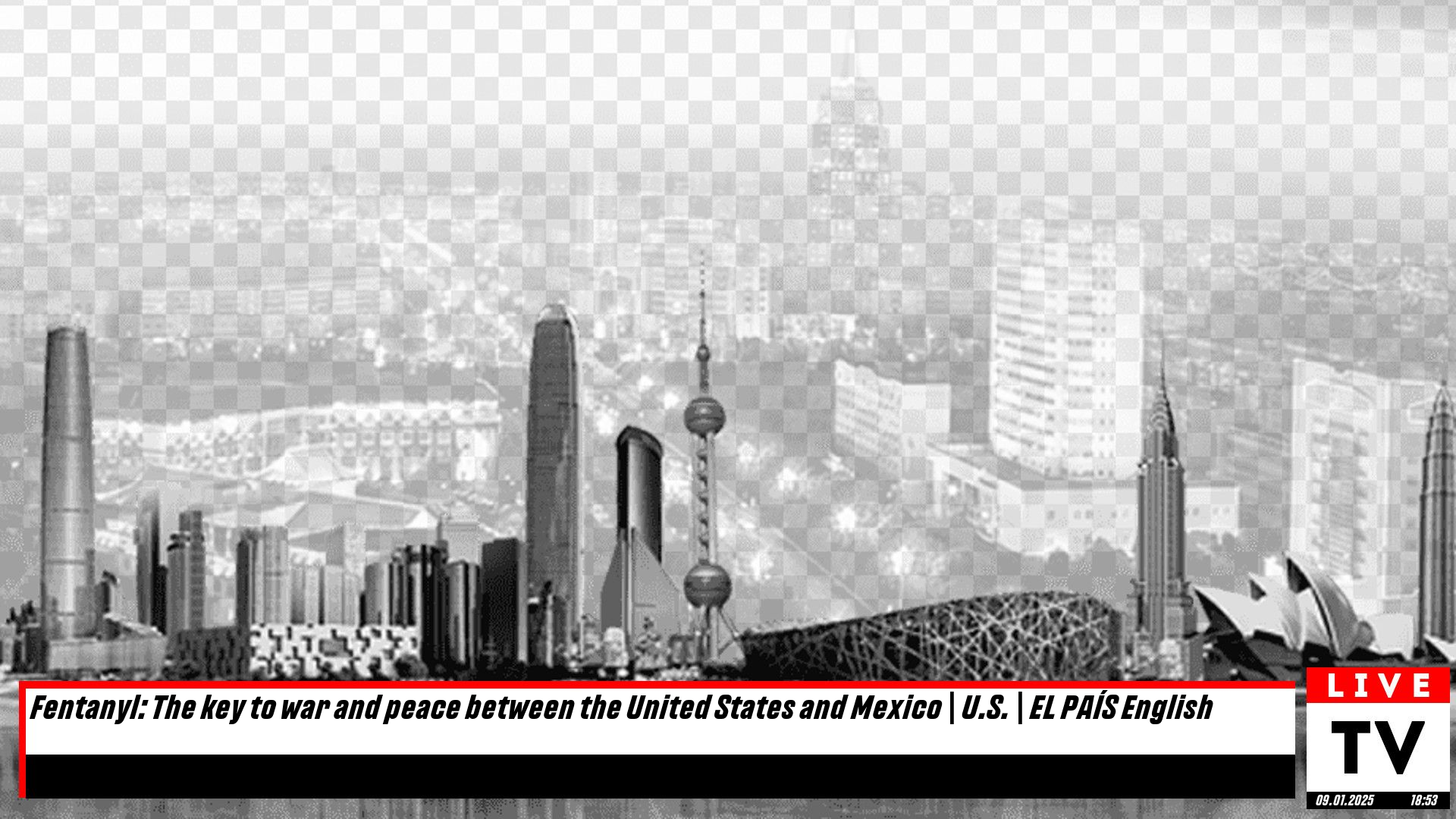
"Fentanilo: El arma silenciosa que redefine la relación entre EE.UU. y México"
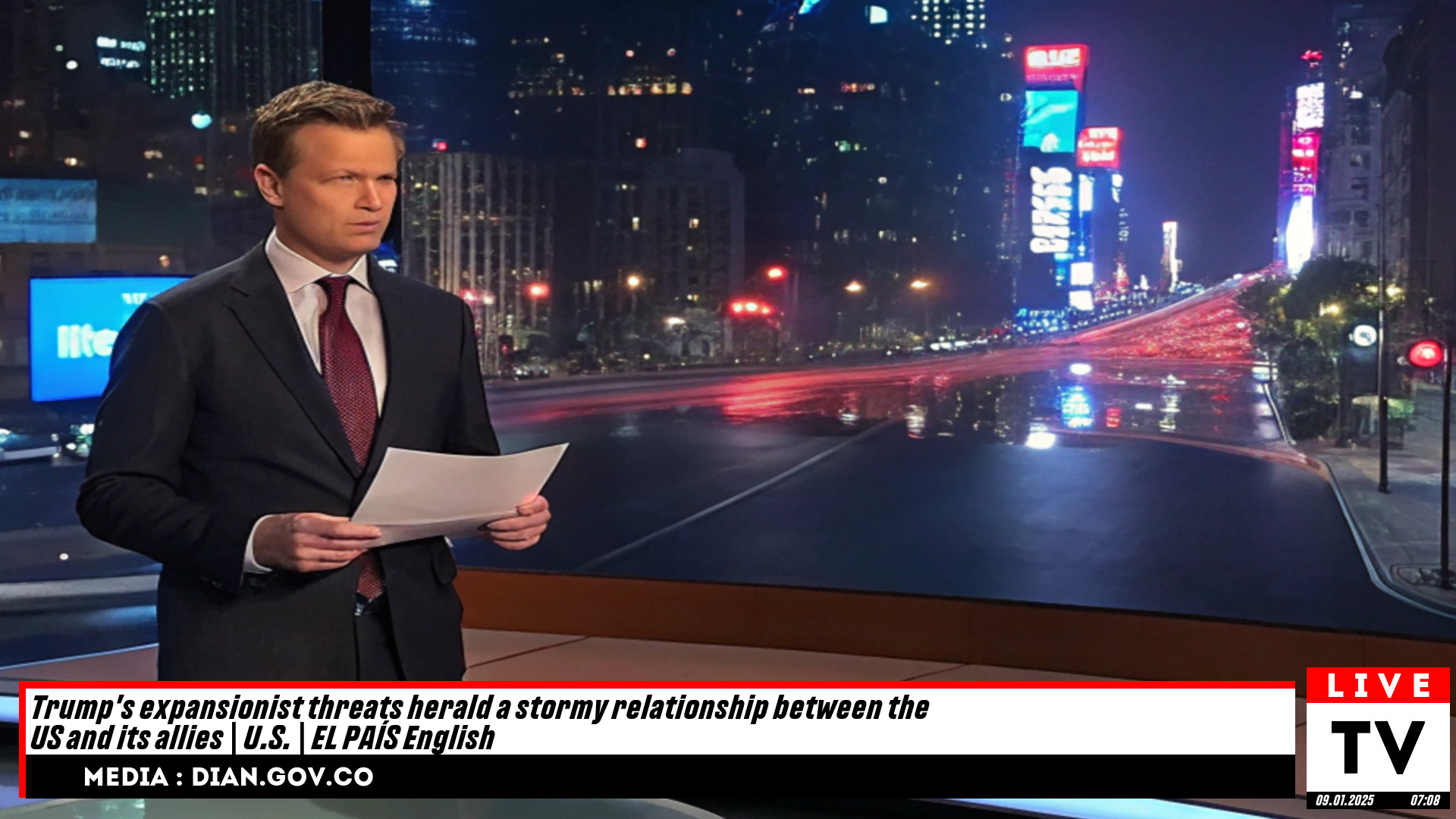
Trump's Aggressive Rhetoric Signals Turbulent Times Ahead for US Allies | U.S. | EL PAÍS English
